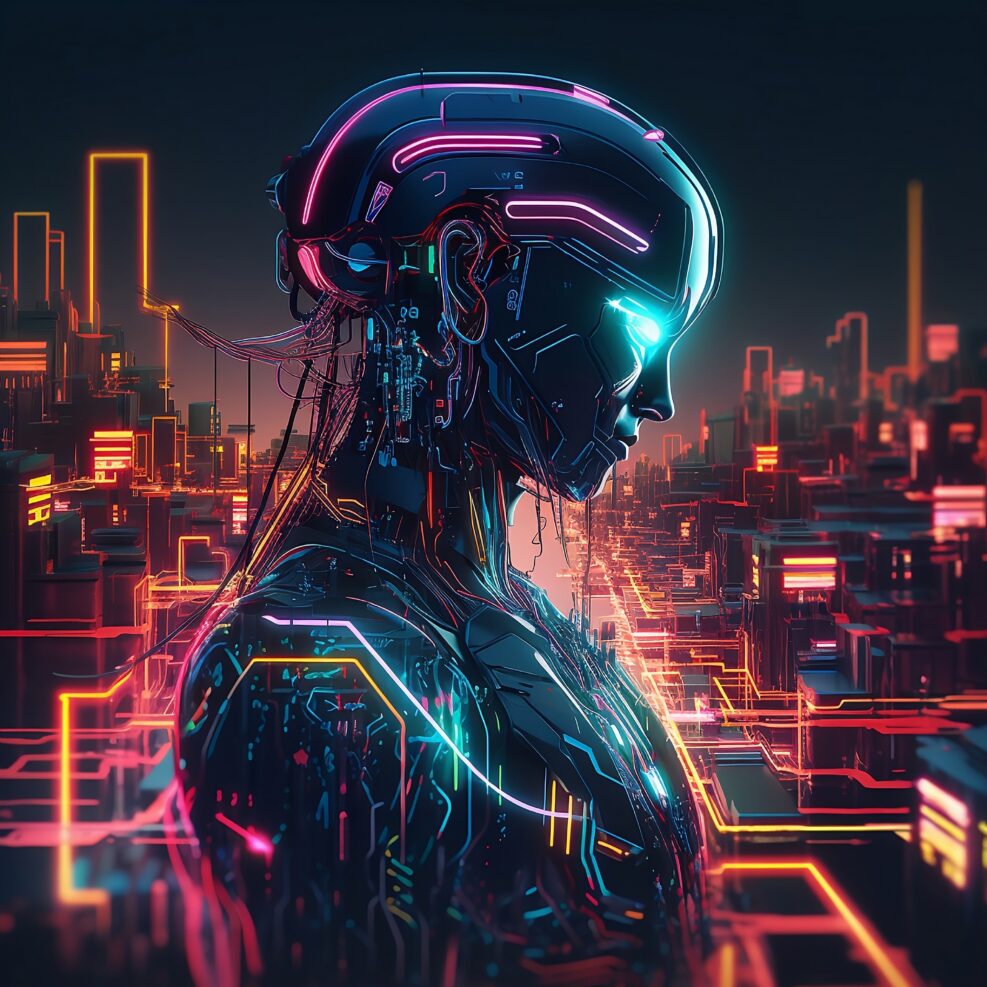
“The Right to Health” Isn’t as Good as It Sounds
Health and wellness are becoming technocracy's disguise.Health and wellness are becoming the primary justifications for international technocracy, or “rule by experts.” Indeed, we are told that preventing the next pandemic will require that the World Health Organization be given the power to declare pandemics and impose emergency policies internationally. Anthony Fauci went even further, arguing that that the UN and the WHO must be given greater powers to “rebuild the infrastructures of human existence.” Imagine the authoritarian potential. We have been told, also, that climate change is a health emergency that justifies greater technocratic control. So is racism. Ditto, gun proliferation in the U.S. And we can’t forget the threats to biodiversity. On and on the proposed policy imperialism goes. This is why the seemingly good-sounding proposal for an international “right to health” is such Read More ›


















